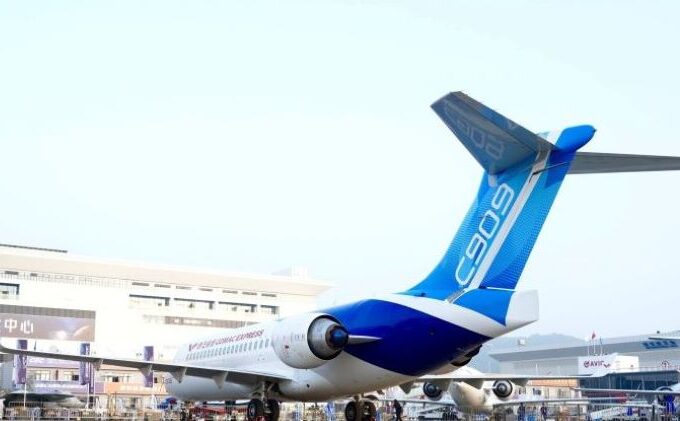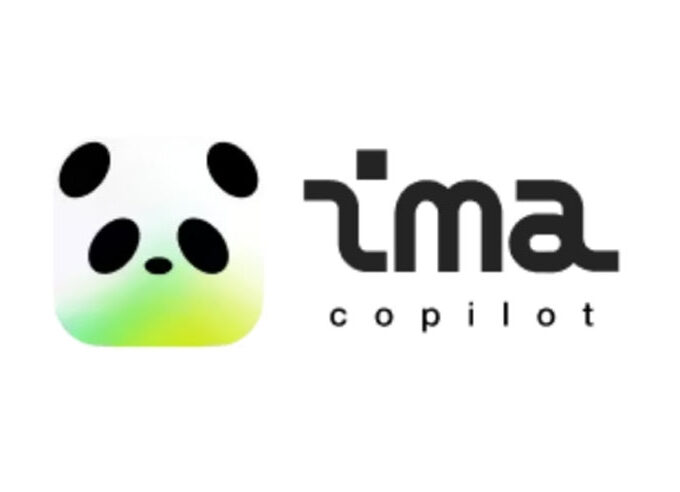The 2025 Global Industrial Internet Conference, themed “Digitalization Opens a New Chapter, Intelligence Creates New Quality,” recently kicked off in Shenyang, Liaoning Province. This industry gathering, which brings together global innovation forces, vividly showcased the leapfrog development of the industrial Internet from “connecting devices” to “empowering industries” through physical exhibits, scenario simulations, and interactive experiences.
In the innovation achievements exhibition zone, intelligent robots became the most attention-grabbing “stars.” A humanoid robot precisely performed tea-pouring actions using both arms, from grasping the teapot to controlling the water flow, each step fluid and natural. An industrial robot, utilizing laser welding technology, left weld seams with a precision of 0.1mm on a metal surface. Another robot even engaged audience members in games of Go, its decision-making speed and strategic depth astonishing professional players. Behind these scenes lies a “digital brain” composed of “industrial large models + AI agents,” which have evolved from simple voice interaction tools into industrial assistants capable of autonomously optimizing processes and diagnosing equipment faults.
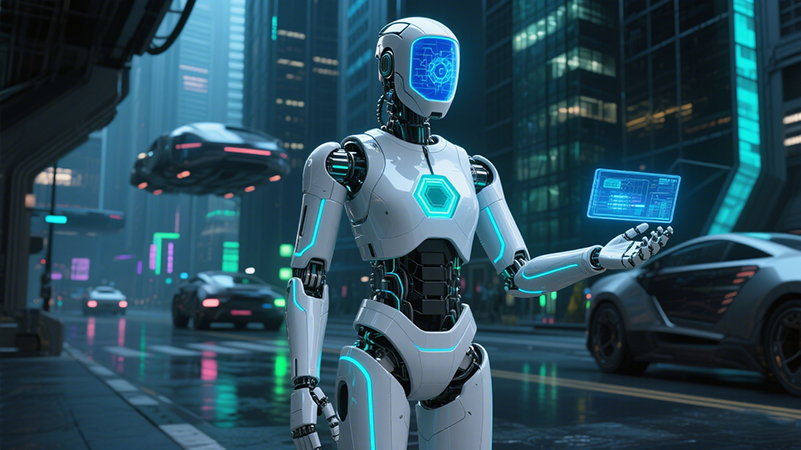
The transformation in manufacturing industry is particularly remarkable. Angang Group exhibited an intelligent molten steel treatment system that reduces production costs by 15% and wastewater discharge by 21% through real-time analysis of over 200 parameters like temperature and composition. “In the past, adjusting processes required engineers to perform on-site calculations, but now AI models can instantly provide the optimal solution,” explained an on-site technician. Similar technologies have been applied in various fields, including automotive parts processing and power equipment inspection, driving improvements in yield rates and reductions in energy consumption.
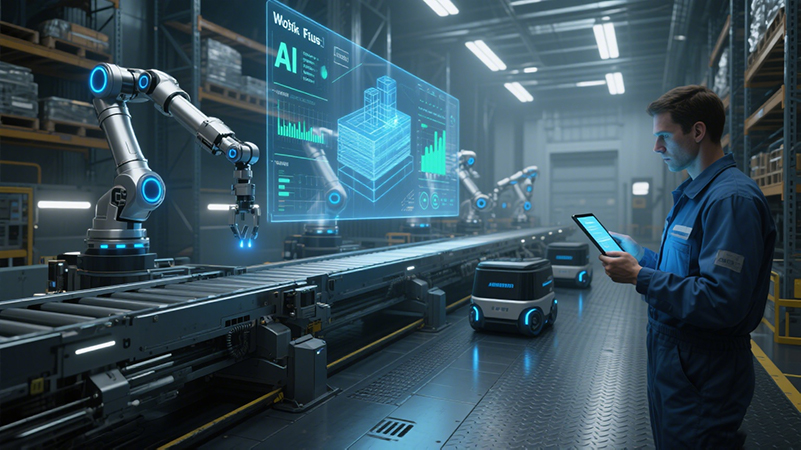
Innovative practices are also emerging in agriculture. At COFCO’s smart pig farm in Jilin, an “AI veterinarian” operating 24/7 uses voiceprint recognition technology to accurately pinpoint the pen where coughing pigs are located and matches the symptoms against a pig disease knowledge base for diagnosis. “The system can recognize acoustic features of over 30 pig diseases with an accuracy rate exceeding 90%,”said the farm manager. This technology has reduced the time to detect diseases from hours to minutes, significantly lowering breeding risks.
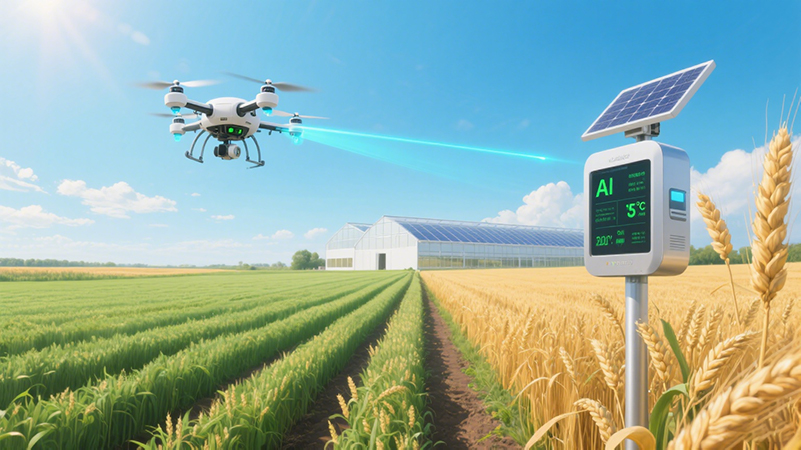
Intelligent exploration in the education sector is equally noteworthy. The “AI Learning Companion” system, showcased by Liaoning Xiangriki Education Technology, dynamically generates knowledge graphs based on student learning data and answers questions through natural language interaction. “Unlike traditional question banks, our model analyzes students’ weak areas and pushes customized exercises,” said Li Yanfei, the company’s general manager. This technology has been piloted in several schools, helping teachers achieve precise instruction.
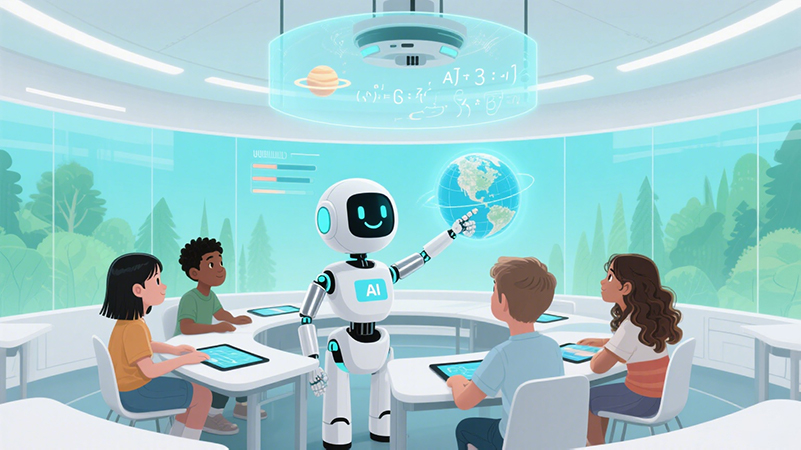
Behind this transformation is the evolution from “Internet+” to “AI+”over the past decade. The latest news shows that as of June this year, China’s Internet penetration rate reached 79.7%, with the number of netizens exceeding 1.123 billion. Following the issuance of the “Opinions on Deepening the Implementation of the ‘AI+’ Action” in July, industries are accelerating their layout in new tracks such as ultra-large AI computing centers and humanoid robots. During the conference, over 30 enterprises, universities, and research institutions signed cooperation agreements covering transnational projects like the China-Cambodia Smart Park and China-Pakistan Biotechnology.
In the international cooperation exhibition zone, the “Cambodia Industrial Brain” project attracted significant attention. China Mobile Liaoning integrated local industrial data and policy resources to create a smart park system capable of monitoring real-time enterprise metrics like energy consumption and logistics, and using AI to predict market demand. “We are transforming China’s park management experience into digital solutions to help Cambodia enhance industrial efficiency,” said Zhang Qixing, the project leader, noting that five cooperative parks are currently under construction.
“If ‘Internet+’ was about building the information highway, then ‘AI+’ is about enabling the vehicles to achieve self-driving,” explained Pan Hong, Executive Dean of the Digital Economy Research Institute at Liaoning University, using a metaphor to describe the technological upgrade. He pointed out that with the integration of 5G, large models, and embodied AI technology, industrial transformation is shifting from single-point breakthroughs to systemic restructuring, a change that will profoundly alter human production and lifestyles.









